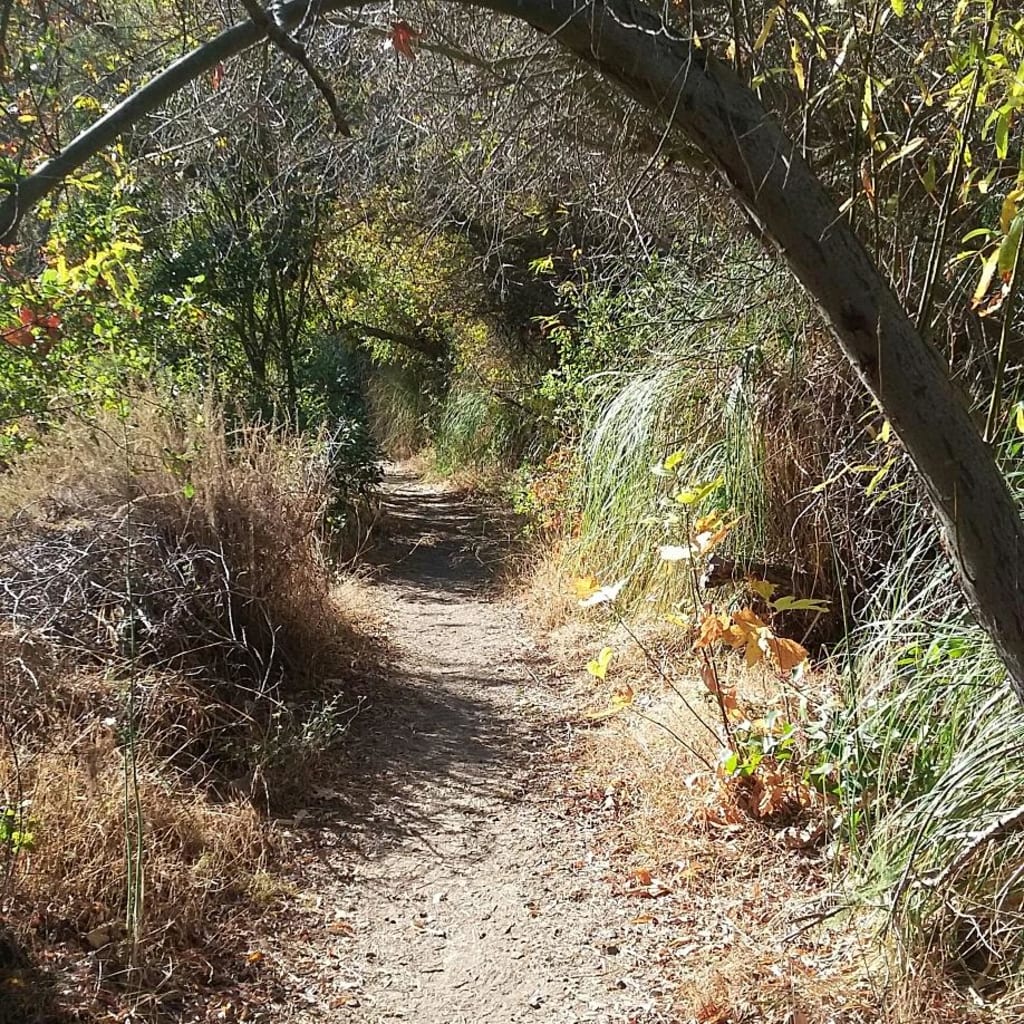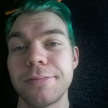Why I Became a Scientist
This path takes more than a degree.

A short time ago, I was approached with a job offer to work in an on-site R&D lab. After so many years of working in retail and neither making the money I needed to get by, nor to help my nieces, I jumped at the opportunity. I was left with a little over a month at my job of four years, and a lot of goodbyes ahead. This transition also left me with a lot of time for reflection. Why did I even choose to become a scientist in the first place? How did I wind up on the path to an Engineering degree?
Let me back up for a moment to explain that "scientist" is an umbrella term. There are many various fields where one can be a scientist, and each one has its own requirements and roles. I personally chose the path of electrical engineering for all of its splendor in mathematics, magnetics, and technological advantages. I am still attending school in Santa Monica, working hard at this degree. This has worked out incredibly well for me as I've already acted as a math and science tutor for more than five years.
However, this educational journey was by complete happenstance. After my first year as a private mathematics tutor, I had seen so many of my students succeed and advance in just mere hours. It felt fantastic to give them new ways of viewing their studies and seeing them actually get excited to go to school. There was one student that I even stopped charging because I was so proud of her and how she had advanced in just a few weeks. It was this feeling that I pursued, and I enrolled for Educational Sciences to become a math professor. I still had a desire to work with my hands, and apply my knowledge. So, I went with what I knew and decided I would minor in Electrical Engineering since I had already worked as a repair tech for my high school, and in an R&D with my old tutor and uncle who were EEs. There was one downside though, none of the schools I wanted to transfer to had a mathematics program that suited my needs. So, my counselor suggested that I stick to my minor, which opened up every last one of my top schools, and courses of superior interest.
It was more than just this passion for mathematics and happenstance that pulled me towards my field. The more I thought about it after that, the more I dwelt on why it felt right to follow this path instead. It struck me like lightning, that there was this instilled curiosity from my childhood. A yearning to understand the inner workings of everything in my world and out there in the universe. A curiosity of how science fiction can one day become science fact. A desire to drive the advancement of civilization, even if it is by a small contribution, to a better and brighter future for my nieces and loved ones. It was an inspirational spark from the first time I opened my eyes, looked up, and saw the majesty of the Milky Way spilled out before me along the bleak backdrop of my hometown skyline. It was how when I couldn't sleep in my senior year of high school, I'd walk the streets of L.A. and bring home stray electronics to open them up. It was that spark of excitement every time I learned a new concept and my mind would ignite.
Science takes so much more than being skilled in mathematics or an understanding of how an arbitrary item functions. It takes a passion for learning, and the ability to apply the knowledge gained to anything and everything you can possibly think of. It takes the will to keep progressing after so many failures, knowing that failing is the best way to learn. Science takes hours or even days of lost sleep because you have an idea that your mind won't stay quiet for. To know that the only limit you'll ever reach is that which you tell yourself in your lonely hours. Science takes so much more than a degree, and it takes so much more than just yourself.
It takes a spark of inspiration. The source of which can be anything from a movie or book to the words and motivation of a dear loved one. These are the very things that drive our minds as human beings. They are at the very core of scientific advancement. Thus, they have been necessary in my own journey and most likely will be in yours. That is what it takes to be a scientist. For all the time I've spent on my path, and the many years ahead, I can honestly tell you that it is worth every moment.






Comments
There are no comments for this story
Be the first to respond and start the conversation.